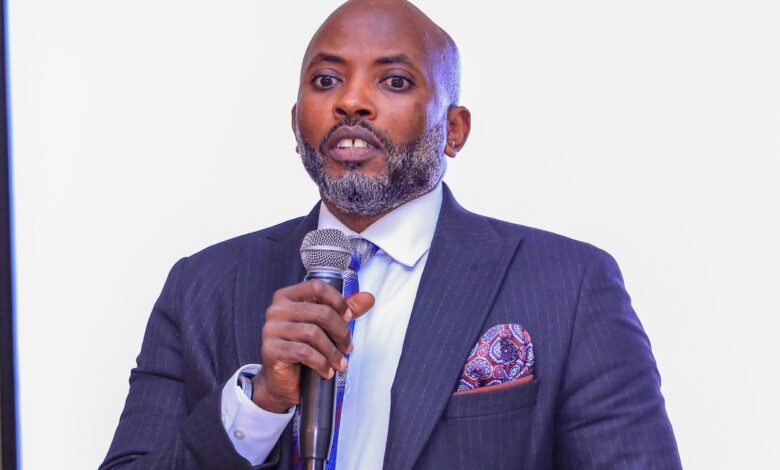DR. MUGANGA: Boarding schools harm Ugandan children
According to the renowned educationist, the current system imposes severe psychological and emotional burdens on young students, separating them from their families during crucial developmental years.

The Vice Chancellor Victoria University Dr. Lawrence Muganga has raised concerns about the negative impacts of the boarding school system on Ugandan children.
According to the renowned educationist, the current system imposes severe psychological and emotional burdens on young students, separating them from their families during crucial developmental years.
Commenting on a post via X by Frank Gashumba the Chairman Mali Group and Co-Founder Sisimuka Uganda regarding time kindergarten kids go to school, Dr. Muganga’s observations revolved around the lack of sleep, rest, and playtime severely impacting a child’s brain development.
Research and anecdotal evidence support Dr. Muganga’s claims, revealing that many children in boarding schools and kindergartens experience heightened levels of stress and anxiety.
The prolonged absence from home and familial support structures can lead to feelings of isolation and alienation.
According to Dr. Muganga the brain undergoes significant growth from infancy to around 25 years and during this crucial period, Ugandan children are adversely affected by the boarding school system.
He said, “They wake up as early as 5:00 am, meaning they don’t get enough rest, and are burdened with homework that sometimes keeps them busy until 9:00 pm. There’s insufficient time for play because they are pressured to cram, recall, and pass exams.”
Comparing children in developed countries and those in Uganda, Dr. Muganga stressed that children in these countries who start school at six years old, have no homework, no boarding schools, no national exams and start their school day at 8:45 am finishing at 2:00 pm.
He noted that because of such a system these children grow up to be great innovators, problem solvers, and valuable human capital for their nations.
“We must change and abandon these harmful practices that are undermining our children and the education system. I am hopeful that this change is possible, and with God’s guidance, we can achieve it because we are born winners and if you are doubting me, it may benefit you to read some scriptures, John 14:12-14.”
Dr. Muganga tagged policymakers and educational stakeholders urging them to consider alternative approaches that prioritize the well-being and holistic development of students, ensuring that the educational environment nurtures rather than hinders their growth.
Stressing more about the point of time, Frank Gashumba wondered if a kindergarten is a place where kids go and have fun, why would these minors be subjected to waking up at 4:30am to go to school?
“Surprisingly, some parents after preparing the kids for school and the van picking them up, they go back to their beds and sleep.” He stormed at some parents who don’t even see their kids when they are going to school because they are prepared by maids and helpers.
“If I recall during our school days, after each period we had playing time, for example after break, we had 30 minutes of play and an hour after lunch and we went back to class. Which school in Kampala still does that these days? Homework started as a joke and now it’s a norm where these kids are given homework on a daily basis.” He added.
Gashumba pointed out that if taking these kids to school very early in the morning resulted into high innovation and developments, the social media apps like Snapchat, TikTok, Facebook, Instagram and search engines like Chrome, Google among others, would be developed by Ugandans which is not a case in point.
Dr. Lawrence Muganga’s relentless advocacy for reform in Uganda’s education system underscores his deep commitment to the well-being of the nation’s children.
Through his extensive research and public discourse, he has highlighted critical issues and initiated meaningful conversations around the impact of boarding schools and scrapping of National exams.
Dr. Muganga’s efforts have not only brought attention to the psychological and emotional challenges faced by students but have also inspired a broader movement towards more supportive and nurturing educational environments.







